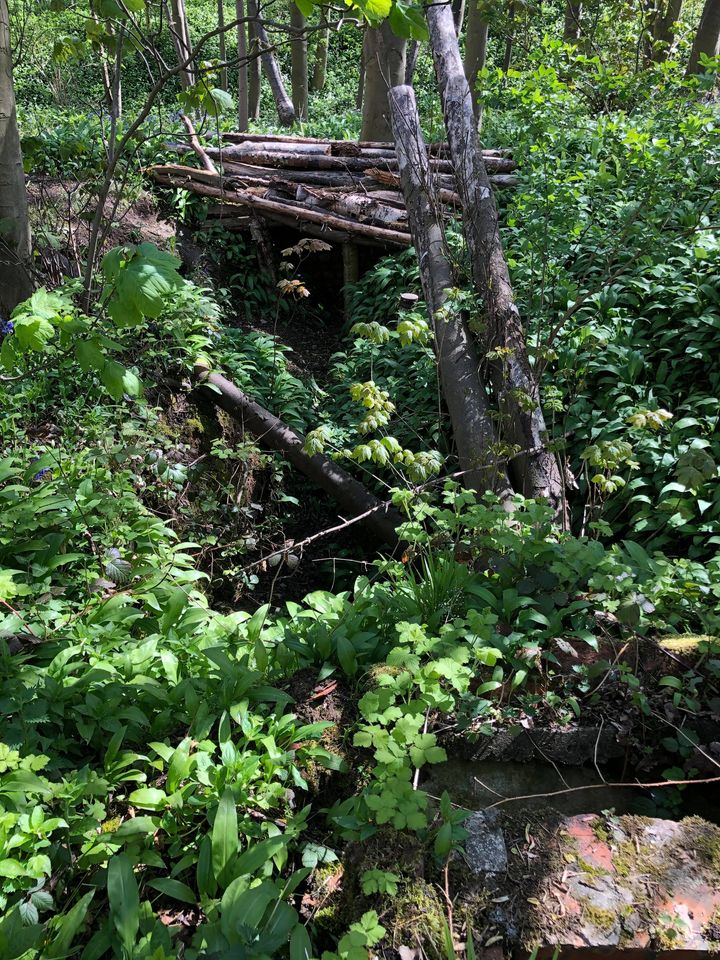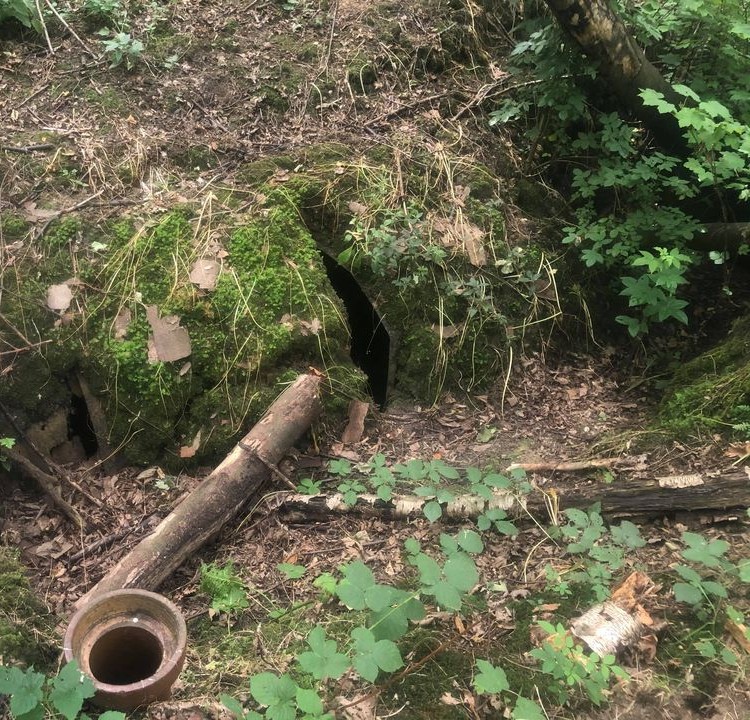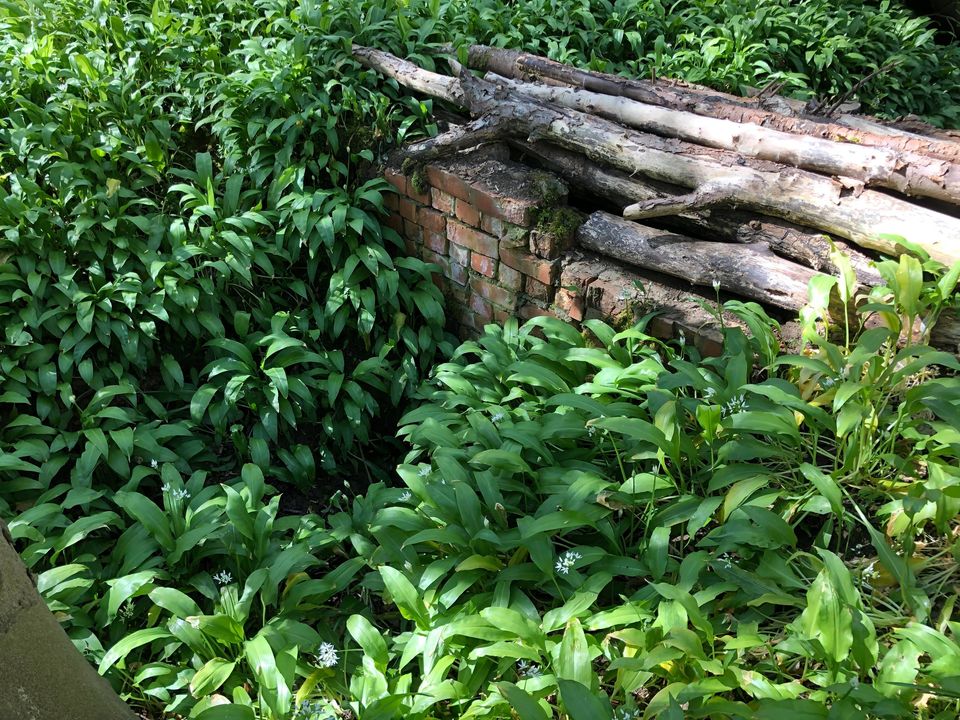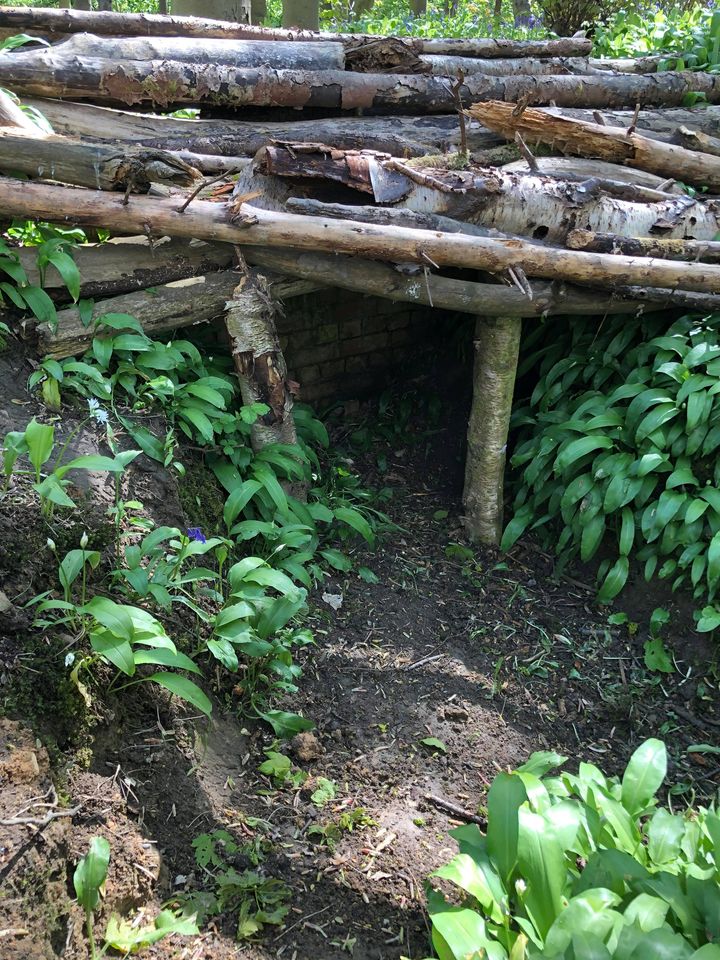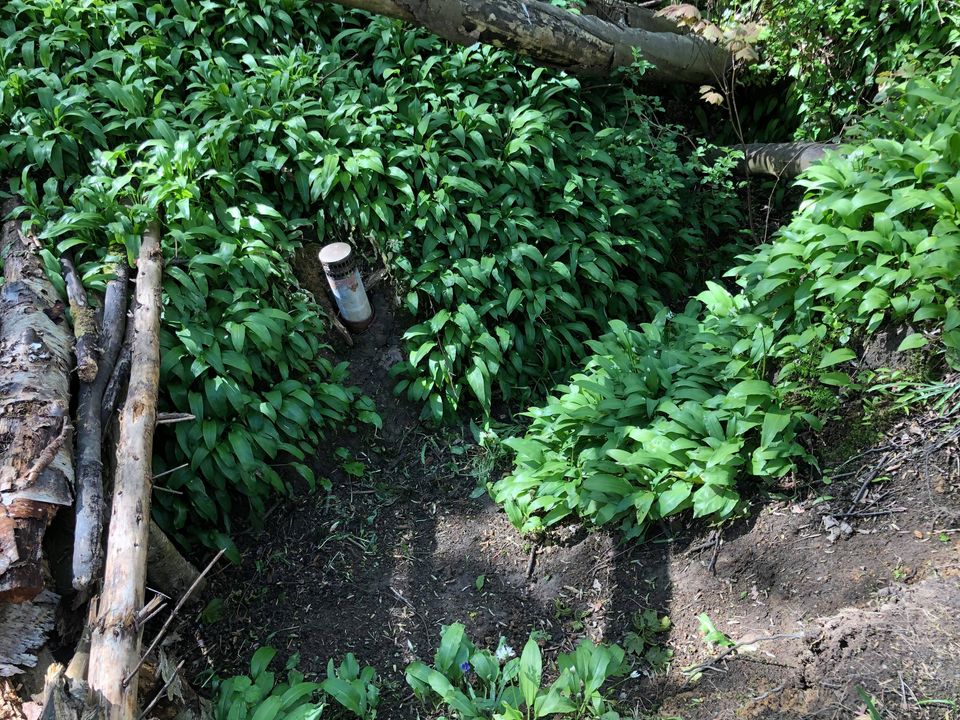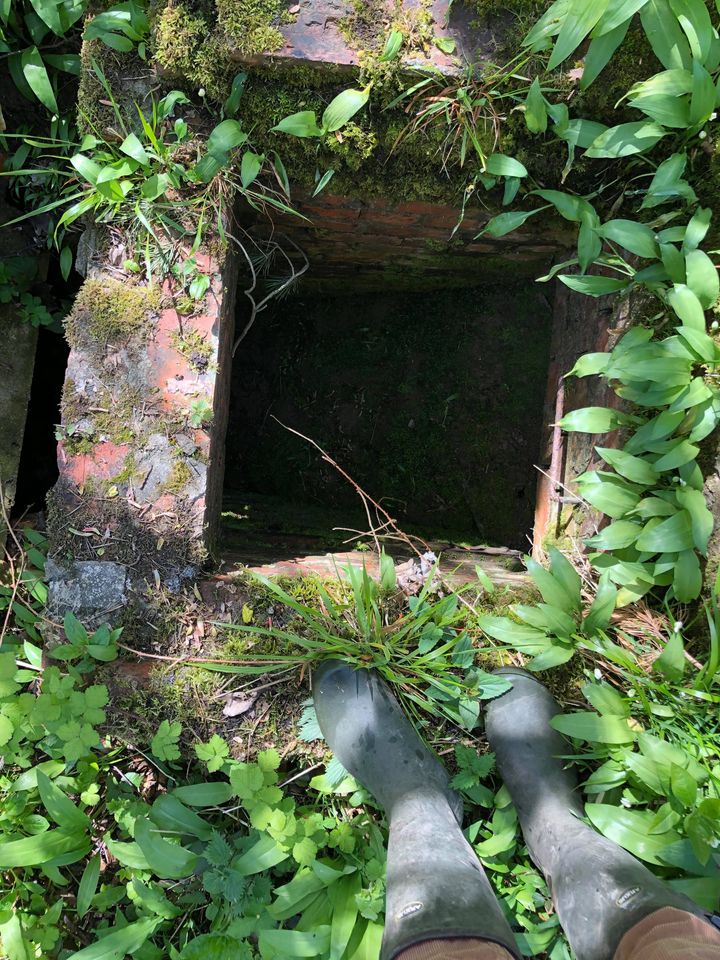The historic market town of Beverley lies 7 miles north-west of Hull.
| Name | Occupation | Posted from | Until |
|---|---|---|---|
| Sergeant Arthur Oxtoby | Lorry driver |
Unknown | 03 Dec 1944 |
| Sergeant Charles Percival Sykes | Transport manager |
Unknown | Unknown |
| Corporal John Norman Blake | Research chemist |
Unknown | 03 Dec 1944 |
| Private Herbert Gillyon | Leather worker |
Unknown | Unknown |
| Private Hampton Lee | Leather research assistant |
Unknown | 03 Dec 1944 |
| Private Arthur William Meek | Lorry driver |
Unknown | 03 Dec 1944 |
| Private David Arnot Paterson | Tool draughtsman |
Unknown | 03 Dec 1944 |
| Private William Edward Shaw | Electric welder in shipyard |
Unknown | 03 Dec 1944 |
| Private Nick Verity | Unknown | Unknown |
The OB is situated within a small woodland approximately twenty feet from the edge. It is situated on top of a small valley which contains a stream 40 feet away from the OB. The escape tunnel, that has collapsed, can be still be tracked down towards a stream. The OB is in danger of collapse but inside a water tap is still in situ on the entrance wall and the escape hole in the wall to the tunnel can be seen.
It measures 9 feet by 20 feet.
In 2021 the OB was re-visited by Richard George. The OB had collapsed a few years previously after a period of heavy rain. It is thought children had used the remains to build a den.
The Patrol are also known to have met at Arden's Vaults, a 17th Century wine cellar. This was later used as a public air raid shelter.
Beverley South Patrol
It could be that these Patrols both Beverley North and South would have been deployed to cause havoc around the Town of Beverley. The Beverley North and South Patrols were only three quarters of a mile apart and 2 miles from the Walkington OB.
Other targets would have included RAF Leconfield, a Bomber Command Airfield.
Training was carried out at the Bluestone Quarry with both the Beverley North and the Walkington Patrols and transport for the Units was provided by a Mr Tattershall, a William Hodgeson's employee using the firms transport.
Although the 1944 list shows two Patrols of Beverley North and Beverley South, an earlier Home Guard transfer list shows there was possibly one Patrol to start with.
Mr G.W. Hardy explained as a 15 year old he acted as a messenger boy between Captain Carrington and Sergeant Sykes, who was replaced at some stage by Sergeant Wright who appears in the 1944 list as a private. Also Private Micklewaite, listed in the Walkington Patrol, is often referred to as a member of the Beverley Patrol.
In a written story by Auxillier Eddie Shaw, (his name appears on the Nominal Roll for the Beverley South Patrol) he states that his OB was the Beverley North Patrol. We can only conclude that there was indeed one Patrol for this area in the early set up days. He says that the OB was very damp and not fit for the storage of explosives and it was Eddie's job was to store the explosives but he doesn’t say where. He had a car loaned by the War Office and used this to transport the explosives for training. He also states than when a big exercise was going on they were called upon to take off their Home Guard flashes and become what he calls "Proper Soldiers".
The whole Patrol was sent to the Isle of Wight and Eddie states that they arrived by ferry at Freshwater and stayed in Lord Tennysons house, Farringford. They were detailed to march around the Island, a ten mile route march, twice a day, in shifts and were on the Island for ten days. They took the place of Canadian troops who had somewhat wrecked the house.
TNA ref WO199/3389
Hancock data held at B.R.A
1939 Register
Andy Gwynne and Richard George
East Ridings Secret Resistance by Alan Williamson,
A Saboteur in Wartime – Eddie Shaws own story. Held at East Riding of Yorkshire Archives and Local Studies Service ref zDDX599/2/1








